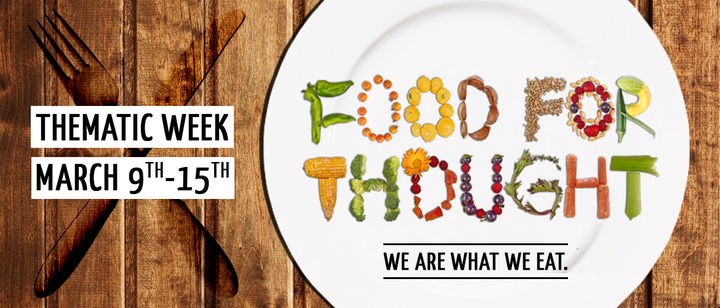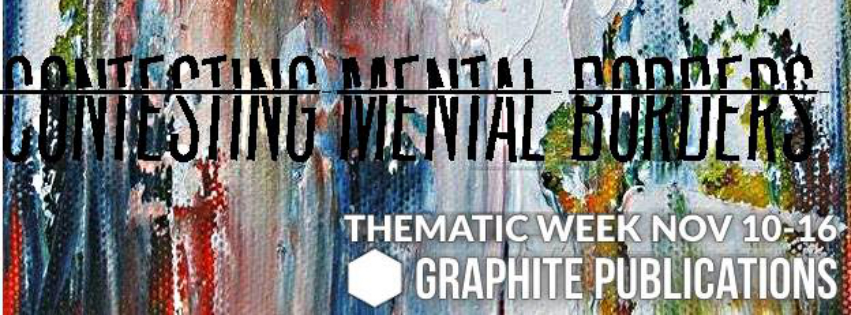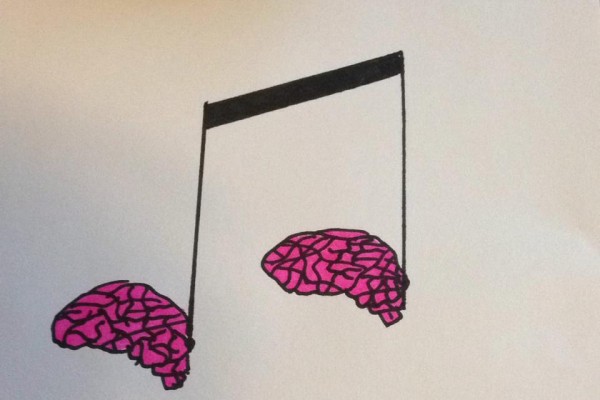A wealthy, older man sexually tempts a frightened, virginal youth who has recently been cast out into the real world. Despite her initial hesitation, she eventually capitulates to his demands (scandalous!). The male protagonist is dark, brooding and isolated from others. However, through the woman’s virtue, that is, her inner goodness, she inspires morally honorable behavior in the male, which, in turn, leads to her reward – an exalted social status and hella bank.
Although this sounds like a pretentious plot summary of 50 Shades of Grey, it’s actually an ambiguous translation of notes I frantically scribbled for a Rise of the Novel class on a book published in 1740 called Pamela, a novel in epistolary form that significantly contributed to the development of the genre.
I’m hesitant to pile onto the already extensive commentary on 50 Shades. Feminists, bondage enthusiasts and Twilight fans alike have all gathered together as a critical collective in an attempt to get to the bottom of things. Enough has been said about the novel from the perspective of gender relations, women’s sexuality and the role of desire in contemporary society already.
In 1740, the chaste youth must convert the wealthy man into someone capable of a loving marriage. In 2011 that plot is regurgitated, again with sexuality as the bargaining chip.
Instead, I’d like to look at the extensive similarities between a novel published in 2011 and one published in 1740. First of all, Mr. Grey/B both exhibit the symptoms of someone going through their emo phase: misunderstood, angry, passionate, violent and closed off. “Nobody understands me!” Anastasia/Pamela both find this insanely attractive, and are tempted towards the realm of subjected sexuality. The plots diverge here somewhat, as Anastasia gives into her sexual urges, whereas Pamela virtuously holds out. The plots converge again as the female protagonist’s inner goodness functions as the principal softening agents in domesticating their untamable bachelor counterparts. Both women grapple with incompatible kinds of empowerment, eventually turning the violence directed against them into sociable sentiment, eventually claiming their aristocratic lovers as objects of romance.
But, and let’s face it, who doesn’t just want to be swept of their feet and taken care of forever? What’s wrong with the redeeming power of love? I know I definitely fantasize about meeting a multimillionaire who will spank me and ensure that I never have to work a day in my life again. (As an arts student, I refer to that as my “backup plan”).
The novel and the middle class have always coexisted together, and the marriage plot has traditionally functioned as a means of collaborating female sexuality with social status. The problem with books like these is their reinforcement of the idealization of misogynistic dipshits, especially wealthy ones. In both instances, the driving force of action relies on whether or not an inconsequential woman will surrender her virtue to a powerful man. Sexuality remains the primary tool for negotiation, and the woman must exude constant patience in the face of excessive douchebaggery. Although it is “just a book”, Pamela was an instructive text that taught by example. I think it’s interesting to note that the archetypal plot has been reconstructed in a modern setting and been met with similar enthusiasm.
I know I definitely fantasize about meeting a multimillionaire who will spank me and ensure that I never have to work a day in my life again. (As an arts student, I refer to that as my “backup plan”).
In 1740, the chaste youth must convert the wealthy man into someone capable of a loving marriage. In 2011 that plot is regurgitated, again with sexuality as the bargaining chip. The full title of Pamela is Pamela: Virtue Rewarded, and so perhaps a more suiting title for its modern counterpart would be Anastasia: Hookup Culture Rewarded.
Latest posts by Hailey Wendling (see all)
- Anastasia: Hookup Culture Rewarded - March 29, 2015
- University Cookbook - March 15, 2015









